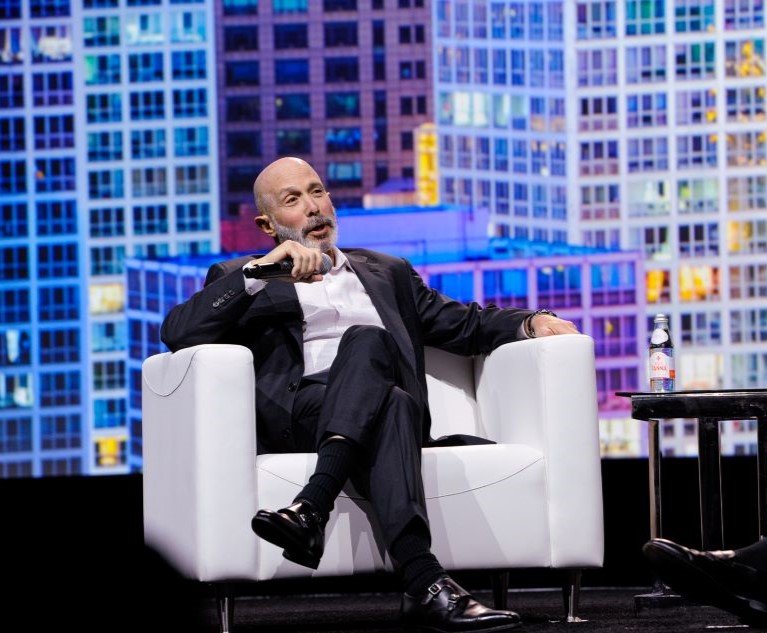 During his keynote, Greenberg said he believes the issue that is most pressing in the medium-term is the national deficit. Photo: Joseph Zwielich/RIMS
During his keynote, Greenberg said he believes the issue that is most pressing in the medium-term is the national deficit. Photo: Joseph Zwielich/RIMS
The economy, litigation costs, global geopolitical issues and climate change were just a few of the topics of conversation during Tuesday morning's keynote address from Evan Greenberg, chairman and CEO of Chubb Group, at RIMS RISKWORLD in San Diego. The discussion with Greenberg was hosted by Eric Anderson, president of Aon, who began by asking Greenberg about his outlook for the U.S. economy.
Recommended For You
Want to continue reading?
Become a Free PropertyCasualty360 Digital Reader
Your access to unlimited PropertyCasualty360 content isn’t changing.
Once you are an ALM digital member, you’ll receive:
- Breaking insurance news and analysis, on-site and via our newsletters and custom alerts
- Weekly Insurance Speak podcast featuring exclusive interviews with industry leaders
- Educational webcasts, white papers, and ebooks from industry thought leaders
- Critical converage of the employee benefits and financial advisory markets on our other ALM sites, BenefitsPRO and ThinkAdvisor
Already have an account? Sign In Now
© Touchpoint Markets, All Rights Reserved. Request academic re-use from www.copyright.com. All other uses, submit a request to [email protected]. For more inforrmation visit Asset & Logo Licensing.








